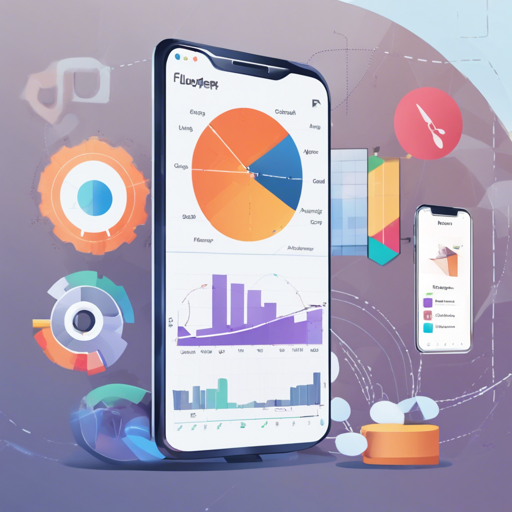The world of mobile app debugging often feels like venturing into an uncharted jungle. Fortunately, the Flutter Flipper Kit serves as a reliable compass, guiding developers through the dense foliage of code errors and performance issues. In this article, we’ll explore how to get started with this essential tool for Flutter apps.
Introduction
Flutter Flipper Kit is an extensible mobile app debugger specifically designed for Flutter applications. It integrates seamlessly with the Flipper Desktop, offering a suite of features that helps with debugging.
Features
- Network Inspector
- Shared Preferences Inspector
- Redux Inspector
- Database Browser
Quick Start
Prerequisites
Before diving in, ensure you have the following:
- Installed Flipper Desktop
Installation
To install Flutter Flipper Kit, you need to add it to your project’s pubspec.yaml file:
dependencies:
flutter_flipperkit: ^0.0.29
# or use the git repository directly
dependencies:
flutter_flipperkit:
git:
url: https://github.com/leanflutter/flutter_flipperkit
ref: mainAndroid Setup
Tailor your project files according to the example provided:
android/settings.gradle:
include ':app'
def localPropertiesFile = new File(rootProject.projectDir, 'local.properties')
def properties = new Properties()
assert localPropertiesFile.exists()
localPropertiesFile.withReader('UTF-8') { reader ->
properties.load(reader)
}
def flutterSdkPath = properties.getProperty('flutter.sdk')
assert flutterSdkPath != null, 'flutter.sdk not set in local.properties'
apply from: "$flutterSdkPath/packages/flutter_tools/gradle/app_plugin_loader.gradle"
iOS Setup
Open ios/Runner.xcworkspace and add an empty Swift file (e.g., Runner-Noop.swift) into the Runner Group. Ensure that the Runner-Bridging-Header.h file is created. Adjust your project ios/Podfile according to the example:
platform :ios, '11.0'
# CocoaPods analytics sends network stats synchronously affecting flutter build latency.
ENV['COCOAPODS_DISABLE_STATS'] = 'true'
project 'Runner', {
Debug => :debug,
Profile => :release,
Release => :release,
}
# Further settings...
Usage
To start utilizing Flutter Flipper Kit in your app, you need to import the package and initialize the Flipper client:
import 'package:flutter_flipperkit/flutter_flipperkit.dart';
void main() {
FlipperClient flipperClient = FlipperClient.getDefault();
flipperClient.addPlugin(new FlipperNetworkPlugin(
useHttpOverrides: false,
filter: (HttpClientRequest request) {
String url = request.uri.toString();
return !(url.startsWith('https://via.placeholder.com') || url.startsWith('https://gravatar.com'));
}
));
flipperClient.addPlugin(new FlipperReduxInspectorPlugin());
flipperClient.addPlugin(new FlipperSharedPreferencesPlugin());
flipperClient.start();
runApp(MyApp());
}For practical examples and further integration details, refer to the examples repository.
Run the App
Finally, to execute your application, use the following command:
bash
$ flutter run
Related Links
Discussion
If you have suggestions or inquiries regarding this project, feel free to join the discussion at the Telegram Group.
Troubleshooting
Should you encounter any installation issues or performance bugs, here are some tips to keep in mind:
- Ensure that you have the necessary permissions set up for both Android and iOS.
- Double-check the SDK paths and ensure Flutter SDK is properly configured.
- If you’re facing network-related issues, verify the filter methods you’ve applied.
For more insights, updates, or to collaborate on AI development projects, stay connected with fxis.ai.
At fxis.ai, we believe that such advancements are crucial for the future of AI, as they enable more comprehensive and effective solutions. Our team is continually exploring new methodologies to push the envelope in artificial intelligence, ensuring that our clients benefit from the latest technological innovations.
License
This project is licensed under the MIT License. You can freely use, modify, and distribute the software as per the terms specified.

